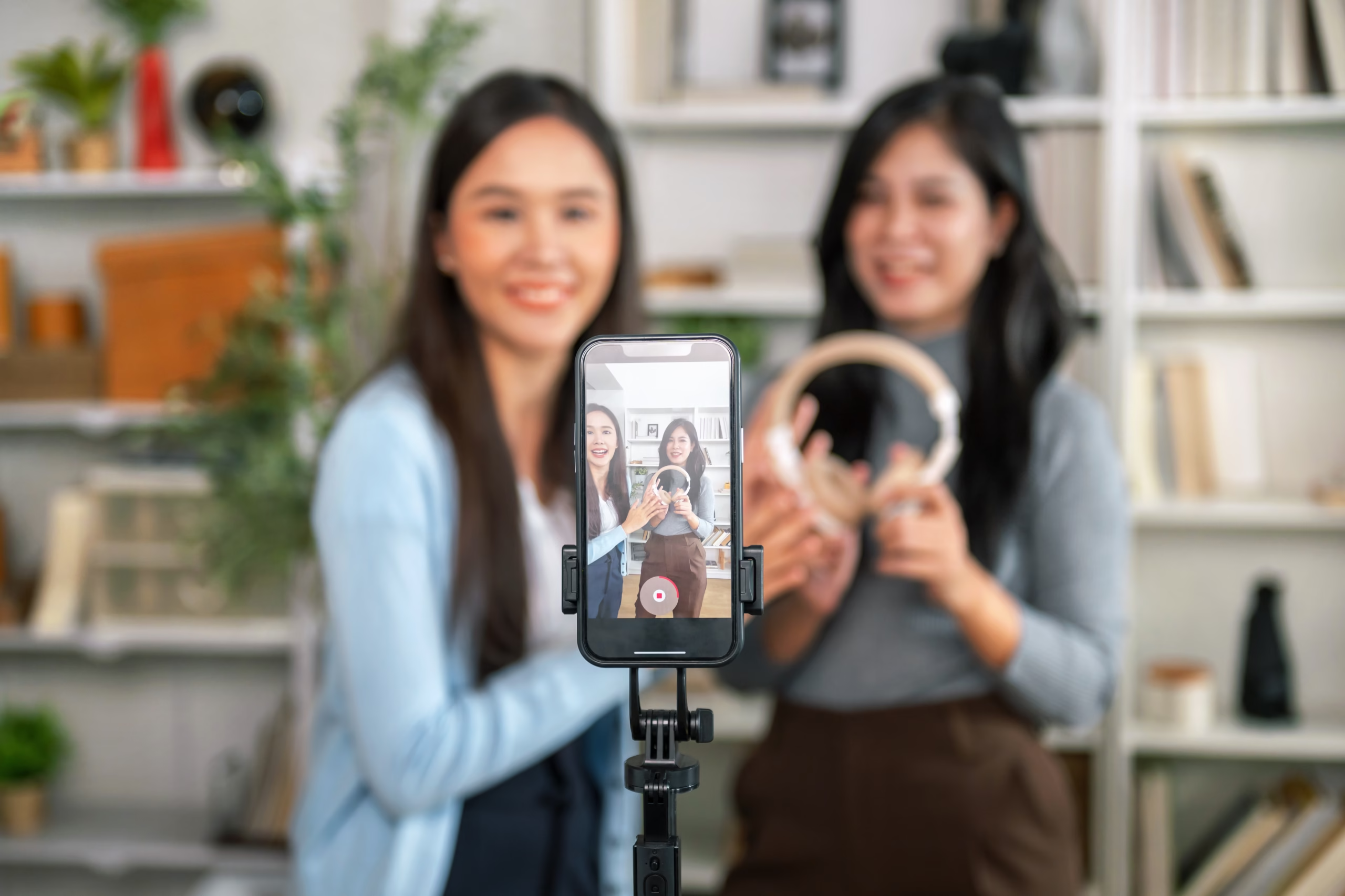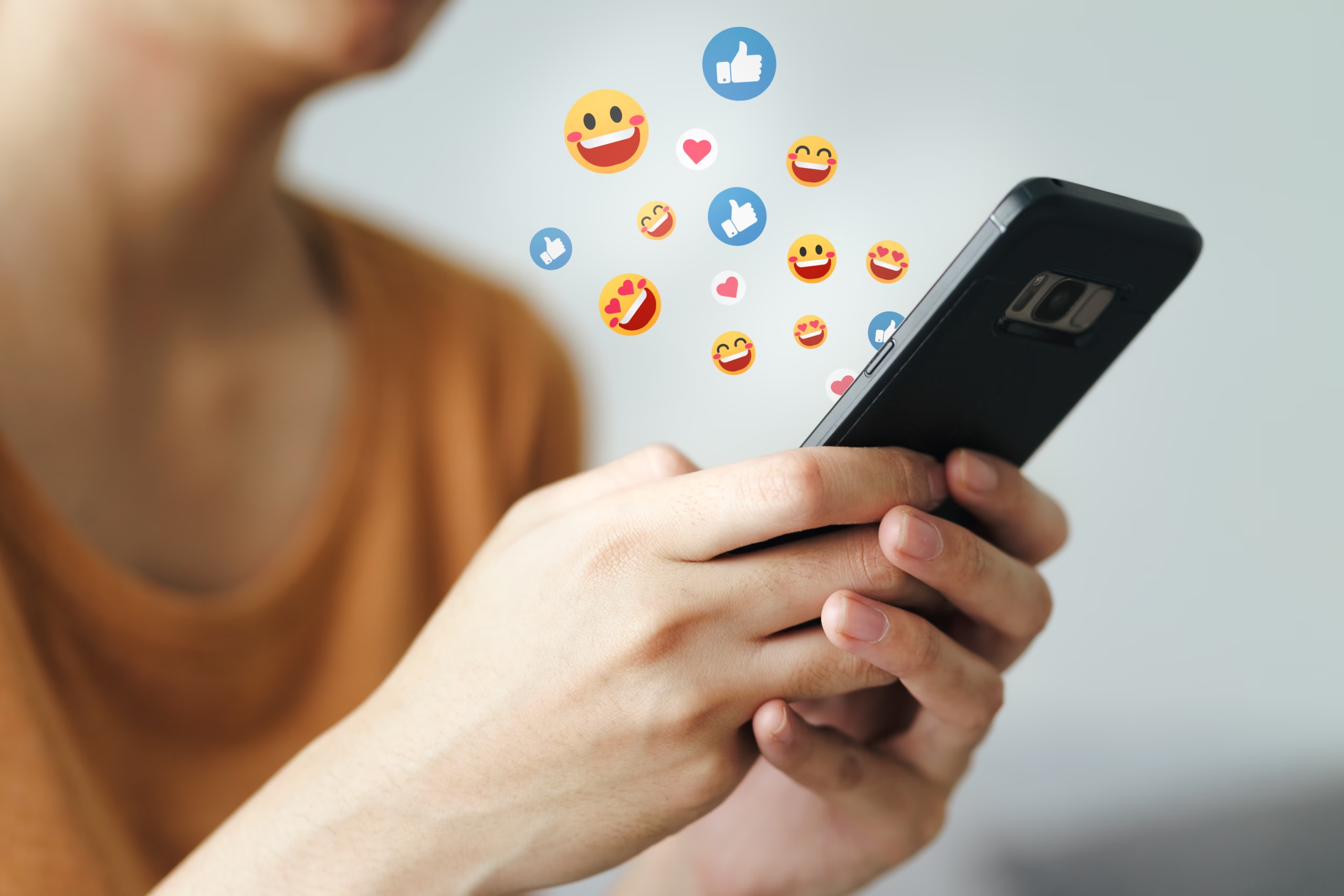Cultural norms are the shared rules and guidelines that govern behavior in a society. They dictate how individuals should act, speak, and interact. These norms vary across different cultures and evolve over time. In today’s digital age, social media plays a crucial role in shaping these cultural norms. Global digital interactions now influence what was once bound by geographical and social limitations.. Social media platforms are changing how we perceive, adapt, and follow cultural expectations.
How Social Media is Reshaping Cultural Norms Worldwide
Social media has a significant impact on cultural norms worldwide. Platforms like Facebook, Instagram, Twitter, and TikTok connect people across borders, allowing diverse cultures to interact in ways that were not possible before. This exchange leads to the blending of different cultural practices, creating new norms. For example, trends that start in one country can quickly become global, influencing fashion, language, and even social behaviors. As a result, people worldwide are adopting or adapting to new cultural norms, influenced by the viral power of social media.
From Tradition to Digital Influence
Cultural norms have always evolved, but in the past, these shifts were slow and deliberate. Traditional norms were passed down through generations, and society was primarily influenced by local traditions and customs. However, the digital age has accelerated this evolution. Social media has fast-tracked the exchange of ideas, causing Cultural Values to shift quickly. People are questioning traditional norms, and new, digital norms are taking their place. For instance, the rise of influencers has changed how people view beauty standards, career paths, and lifestyle choices.
Cultural Norms and Social Media: A Powerful Combination in Shaping Society
The combination of cultural norms and social media is incredibly powerful. Social media provides a platform for people to express their beliefs, showcase their cultures, and challenge existing norms. This visibility encourages the questioning of outdated practices and promotes more progressive thinking. Social media platforms can challenge long-standing social norms like gender roles, beauty standards, and even political ideologies. As a result, societal values are shifting, and new Cultural Values are emerging that reflect more diversity and inclusivity.
The Role of Social Media Platforms in Shifting Cultural Norms
Social media platforms are at the forefront of shifting cultural norms. They serve as a stage for both individuals and groups to push boundaries, share personal stories, and spread awareness. For example, the #MeToo movement gained momentum on social media, bringing attention to issues like sexual harassment and inequality. Similarly, platforms like Instagram have made body positivity and self-acceptance central to discussions about beauty. Social media is not just a place for entertainment; it is a space for social change, shaping how cultural norms are understood and adopted.
A Look at Modern Trends
In today’s world, social media sets the stage for many cultural trends. Whether it’s viral dance challenges on TikTok or influencers promoting sustainable living on Instagram, social media dictates what is “in” and what is “out.” These trends can shape everything from the way we dress to our attitudes toward the environment. For example, the rise of eco-friendly movements on social media has made sustainability a cultural norm for many younger generations. Social media continues to play a critical role in setting and spreading trends that influence our daily lives.

The Influence of Social Media on Younger Generations
Younger generations, particularly Gen Z and Millennials, are deeply influenced by social media. Social media platforms provide them with immediate access to global culture, which impacts their worldview. These platforms shape how they form opinions on topics like politics, relationships, and identity. For instance, the acceptance of diverse gender identities and sexual orientations has become a cultural norm largely due to social media discussions. Social media provides younger generations with a space to explore and embrace new Cultural Values without the constraints of traditional societal pressures.
The Future: How Social Media Will Continue to Shape Society
The future of cultural norms is closely tied to the evolution of social media. As platforms continue to grow and new ones emerge, cultural norms will keep evolving. With advancements like virtual reality and augmented reality, social media will provide even more immersive ways to interact and influence cultural values. Social media will continue to serve as a space for challenging old norms, promoting inclusivity, and pushing for more progressive thinking. The lines between online and offline culture will blur, and the digital world will have an even greater impact on shaping societal norms.
The Impact of Social Media on Cultural Norms: Insights and Real-World Examples
Real-world examples show just how much social media can impact cultural norms. For instance, in America, social movements like Black Lives Matter gained immense traction through social media platforms, highlighting the fight for racial equality. Similarly, social media campaigns like #BlackAndWhite and #OscarsSoWhite challenged Hollywood’s lack of diversity, pushing for more inclusive representation. These real-life examples demonstrate how social media can drive change by reshaping cultural norms and encouraging new societal values.
Cultural Norms Definition
Cultural norms are the common expectations and regulations that govern conduct within a specific group or society. These norms are often unspoken but help maintain order and harmony within the community. They influence how people dress, speak, and interact with each other. Cultural Values can vary significantly between different countries, ethnic groups, and communities.
Cultural Norms Examples
Examples of cultural norms include greetings, such as bowing in Japan or shaking hands in Western cultures. Other examples include dress codes, dining etiquette, and social expectations around family and community life. For example, in some cultures, it is normal to address elders with formal titles, while in others, first names are used without hesitation.
Cultural Norms Psychology Definition
From a psychological perspective, cultural norms are the shared beliefs and values that shape an individual’s behavior. These norms are learned through socialization and can influence one’s identity, self-perception, and how they relate to others. Psychologically, individuals often feel pressure to conform to cultural norms to fit in or gain acceptance within their society.
Cultural Norms in America
In America, cultural norms have been influenced by a blend of diverse ethnic, racial, and social backgrounds. Common Cultural Values in the U.S. include individualism, the pursuit of the American Dream, and the value placed on freedom of expression. However, social media has played a significant role in challenging some of these norms, encouraging more inclusivity, social justice, and activism.

